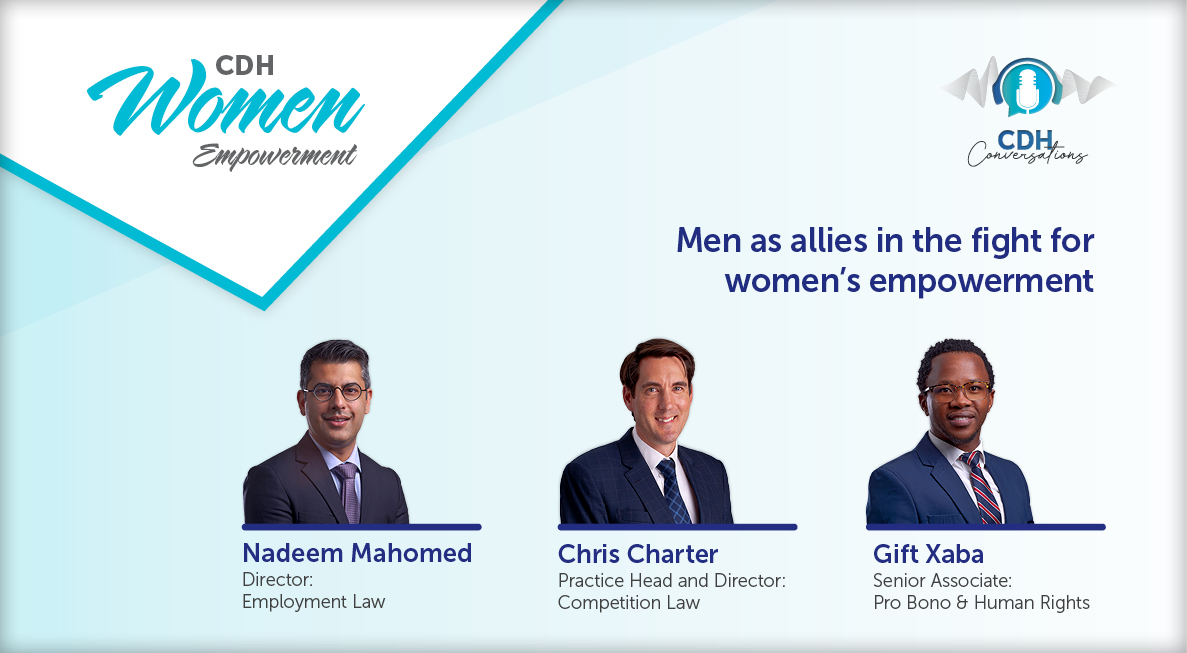Too little, too late: legal professional privilege
A recent judgment in the Gauteng Local Division of the High Court clarified the concept of legal professional privilege. A legal opinion containing confidential information about a company, drafted by one of its in-house legal advisors, found its way into the public domain. The company obtained an urgent interdict preventing various media houses from publishing the information contained in the document. Consequently, the media houses applied to court to have this order overturned and were successful - it was found that the company could not rely on privilege to prevent the publication of the confidential information contained in the legal opinion. Although it was confidential, the company did not do enough in the events leading up to the granting of the interdict to claim privilege over it and further, it was too late – the information had already been published online which rendered the relief sought futile.
The court distinguished between two ‘sub-species’ of privilege: legal professional privilege or legal advice privilege, and litigation privilege. Legal professional privilege is the right of a client to the confidentiality of communications between a client and a legal advisor. Litigation privilege relates to communications between attorney and client for the purpose of pending or contemplated litigation. All communications from an attorney who is not in private, independent practice but is an employee of an entity, such as an in-house legal advisor, are also subject to privilege.
A distinction should also be made between privilege and confidentiality. Confidentiality is a broad concept which can extend to communications between a medical doctor or psychiatrist and a patient, for example. However, communications between an attorney and a client are confidential as well as privileged - in that they are protected from disclosure in legal proceedings. Nothing prevents your doctor from being subpoenaed to appear in court to disclose confidential information should it become relevant to legal proceedings.
The court clarified that it is not a document which is privileged, but rather the information contained therein. Information is privileged if it passes the test of being:
- legal advice;
- given by a legal advisor;
- in confidence to a client; and
- is claimed.
It is vital that a client takes steps to secure confidentiality by claiming privilege over the information.
The judge stressed that the right to legal professional privilege is not a positive human right, enforceable against the whole world, but rather a negative right which entitles a client to refuse disclosure of certain information in legal proceedings by holding up the “shield of privilege”. If the information enters the public domain, the confidentiality is lost and it is then too late to rely on legal professional privilege to secure that confidentiality.
A litigant can still approach a court to prevent publication, but this would always be subject to the court weighing up the competing interests of confidentiality and public interest.
Privilege can be used only to refuse disclosure of certain information in legal proceedings, and not to suppress publication of that information if the confidentiality has already been breached. This case highlights the importance of claiming privilege and the dangerous consequences of failing to do so.
The information and material published on this website is provided for general purposes only and does not constitute legal advice. We make every effort to ensure that the content is updated regularly and to offer the most current and accurate information. Please consult one of our lawyers on any specific legal problem or matter. We accept no responsibility for any loss or damage, whether direct or consequential, which may arise from reliance on the information contained in these pages. Please refer to our full terms and conditions. Copyright © 2026 Cliffe Dekker Hofmeyr. All rights reserved. For permission to reproduce an article or publication, please contact us cliffedekkerhofmeyr@cdhlegal.com.
Subscribe
We support our clients’ strategic and operational needs by offering innovative, integrated and high quality thought leadership. To stay up to date on the latest legal developments that may potentially impact your business, subscribe to our alerts, seminar and webinar invitations.
Subscribe




